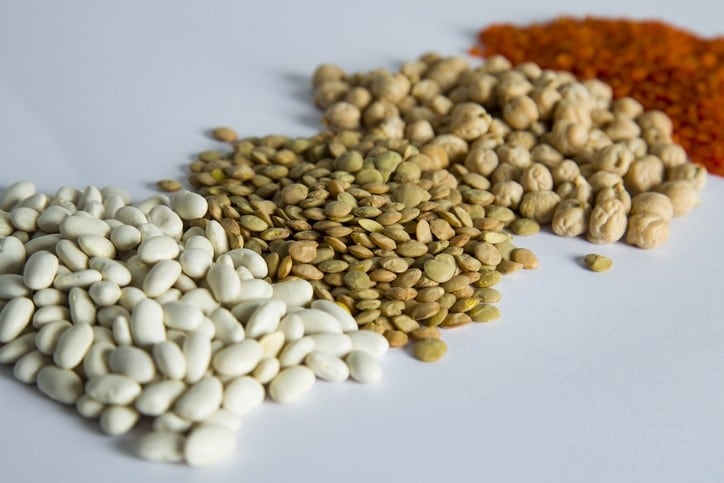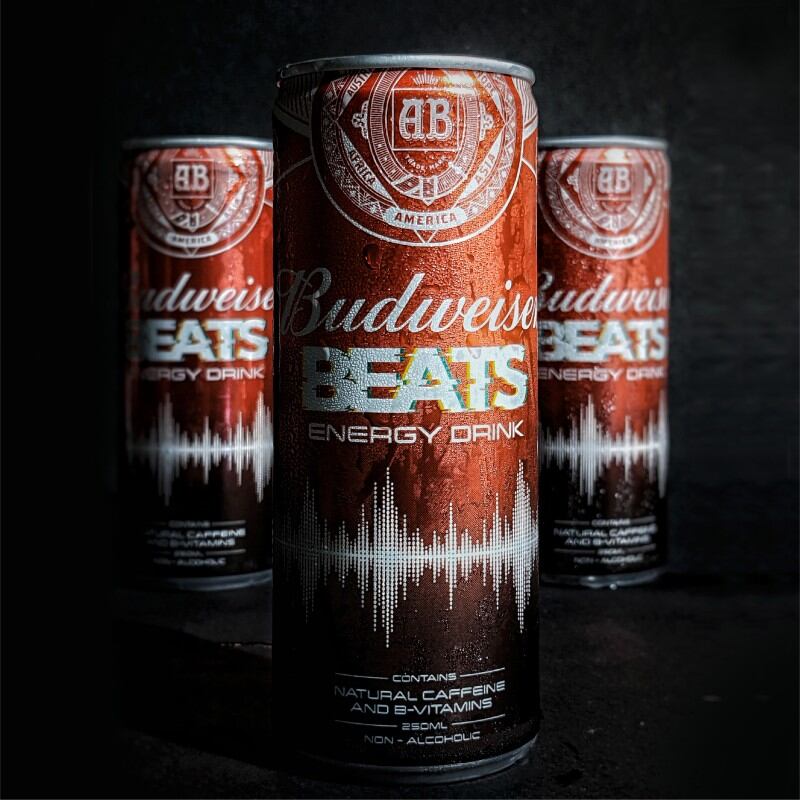Localise and customise: OmniFoods chief on global plant-based seafood opportunities
Localisation and customisation are the two key strategies to boost the market share of OmniFoods’ plant-based seafood range.
The firm, established by David Yeung, the founder of Hong Kong ‘sustainable living platform’ Green Monday in 2012, has so far launched plant-based products in the US, UK, Australia and Asian markets.
One of its most recent offerings is a plant-based seafood range called OmniSeafood, believed to be the first brand in Asia to create and launch a range of seafood analogues.
According to Yeung, the formulation for the ‘seafood’ range contains lesser ingredients as compared to ‘meat’ and other products currently in the market. The lesser ingredients can be a factor to attract buyers, he said.
Innovation in tradition: Singapore bird’s nest firm introduces sachet form to capture millennials, Gen-Zs
A Singapore bird’s nest pioneer is experimenting with a new format and production techniques to make the traditional Asian health product relevant to younger consumers.
The Asia Bird’s Nest Corporation has launched Wellnest, a ready-to-drink lifestyle superfood formulated with bird’s nest extract, six-year-old Red Korean ginseng and Aronia berry.
Various research on bird's nest show that it can provide various benefits, such as enhancing the body’s immune system and aid digestion.
For Wellnest, it is packed into 10ml foil sachets in boxes of 30. Conventionally, bird’s nest products are sold in fragile and bulky or single-serve glass jars or have to be double-boiled at home.
Sizing down to make it big: Ulu Hye revamps size of dairy-free mylk base jars amid retail push
World-first dairy-free mylk base creator Ulu Hye has launched smaller versions of its products in preparation for entry into major supermarkets as well as expansion to overseas markets.
Ulu Hye established an entirely new plant-based dairy category with the invention of its dairy-free mylk bases, made with nuts and seeds, but all along its products have only been available in larger jars which would contain enough product to make 10L of mylk in total.
Having made its mark in the Australian market via health and bulk food stores as well as online platforms, the firm is now looking to enter major supermarkets as well as start exporting and has launched new ‘Mini Mylk Bases’ which can be made into 3L of mylk in total.
“The mylk bases are actually a very complex product to create, so we started with just the 10L jars only because that gave us enough margin for operations,” Ulu Hye Co-Founder Heidi Peuten told FoodNavigator-Asia.
Double opportunity: Why both affordability and premiumisation are providing plant-based promise in APAC
Innovating at both ends of the price spectrum can fuel Asia’s booming plant-based sector for the long term, say regional experts, who believe that the sector is now at the tipping point of achieving sustained mainstream success.
In this edition of the FNA Deep Dive, we take a look at the latest ongoing updates in the APAC plant-based sector from both ends of the spectrum, and how local food and beverage firms, both large and small, are innovating plant-based products to cater to various segments of APAC society.
Ukraine-Russia conflict: Indian, Chinese food firms should seek alternative veg oil supplies – Analyst
Indian and Chinese food firms should seek alternative or additional sources of vegetable oil, with both countries facing severe shortages and price hikes due to the Ukraine-Russia conflict, according to an industry analyst.
The spike could impact manufacturers and companies that produce vegetable oil for consumers and those that use it as a major ingredient in the production process.
Speaking to FoodNavigator-Asia, Senior Analyst of Consumer Research at Fitch Solutions Brice Dunlop said: “We’re going to see a drop in Ukrainian supply. Therefore, there are three methods to overcome the price hikes: first, find alternative sources of oil immediately like ghee or palm oil; second, re-formulate products (depending on the usage of vegetable oil); or third, utilise ‘shrinkflation’ (sell in smaller quantities at the same price point to counter the effects of the supply shock).”





